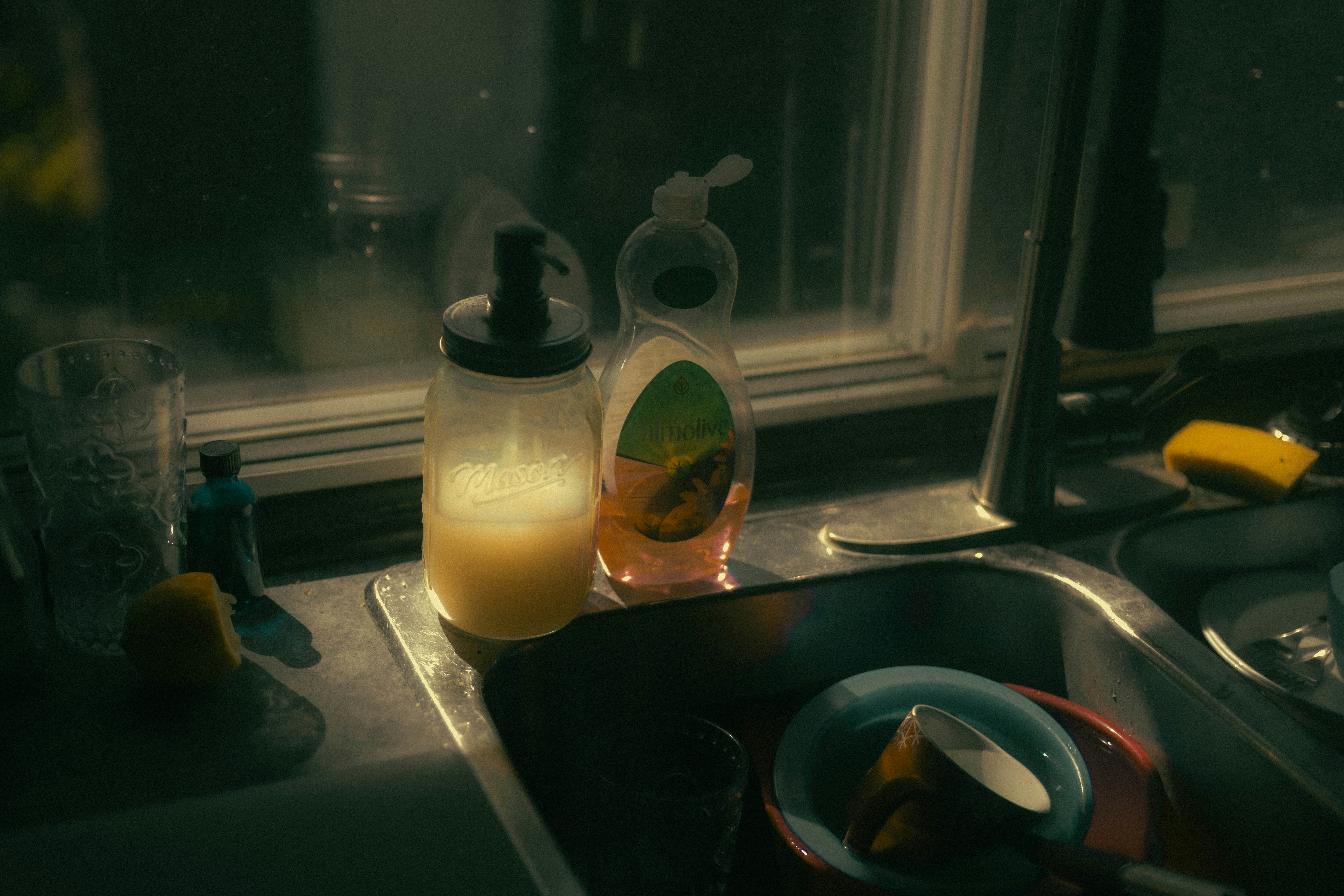Too much conflict in any relationship is not good. But conflicts, or rather disagreements, are a natural by-product of any relationship, and effects on the parties involved are also natural. However, parental conflict can not only contribute to effects on the parents, but it can also contribute to certain effects on the children.
Effects of Conflict on Children
These effects are not always negative. Depending on certain characteristics of the conflict, they can also contribute to positive effects on the children. Any conflict in a parental relationship can range from innocent and innocuous to harmful and violent, and it can be broadly categorized as constructive, that is the more innocent and innocuous conflicts, and destructive, that is the more harmful and violent conflicts.
Constructive vs. Destructive
When considering whether or not parental conflict may be constructive or destructive for children, think about the frequency of the disagreements, the content of the disagreement, the intensity of the disagreement, and the resolution of the disagreement.
High-Intensity Conflict
Generally, high-frequency parental conflict that is also high intensity is troublesome. High intensity does not necessarily mean loud and lively because intensity should account for your cultural milieu which may view such loud and lively interactions as normal and customary. On the other hand, culture cannot mitigate the adverse effects on children of physical aggression in parental conflicts. Note that physical aggression includes not only violence against a parent, but also violent, threatening behaviors like kicking or throwing household items, verbal threats of violence or threats to leave the relationship. Across cultures, physical aggression is greatly distressing for children.
Parental Conflict Surrounding Children
Also distressful for children is when parental conflicts have as the subject of the conflict the child or matters concerning the child. These kinds of conflicts, particularly high-intensity conflicts, can be troublesome for the child who may be riddled with thoughts of self-blame and fear of being made a party to the conflict.
Destructive Parental Conflict
Destructive parental conflicts can contribute to fears in a child regarding the stability of the family, the physical welfare of their parents, and their physical welfare, particularly as they consider whether or not they may be pulled into a disagreement. Destructive parental conflicts can also contribute to poor academic performance for the child as they may be distracted by thoughts about the parent’s relationship and the family’s security.
Conflict Causing Sleep Troubles
Similarly, destructive conflicts can also contribute to poor sleep in a child, which may lead to adverse impacts on a child’s behavior and academic performance.
Strengthening a Child’s Emotional Well-Being Through Constructive Conflict
Parental conflicts can serve as a model for children, and constructive parental conflict can strengthen a child’s emotional well-being and teach a child how to engage in conflict constructively. For example, when parents engage in conflict and use mutually respectful language and well-regulated emotional tones, a child’s sense of security and family stability are preserved and they learn more positive communication skills that can be beneficial for their peer relationships. Also, conflict resolution is an effective and constructive mechanism to contribute to beneficial outcomes for a child. When children witness a resolution of the parental conflict or when they are advised of the resolution and witness a change in their parents’ emotional tone and affection, their emotional discomfort may be eased and they may
learn valuable skills about how to compromise and problem-solve.
A Natural Result of Relationship Engagement
As mentioned before, conflicts or disagreements are a natural result of engaging in any relationship, so the goal is not to eliminate conflict but rather to constructively engage in it so that it contributes to more positive effects. If you would like help learning more constructive ways to manage conflict in your parental relationship, please contact us.
To schedule your appointment with Tiara Lipps, click here!
1 McCoy, K. P., George, M. R. W., Cummings, E. M., & Davies, P. T. (2013, June 26). Constructive and Destructive Marital Conflict, Parenting,
and Children’s School and Social Adjustment. Social Development 22 (4), 641-662. Retrieved from
https://www.ncbi.nlm.nih.gov/pmc/articles/PMC3829624/.
2 Bambino, S. (n.d.) Marital Conflict and the Developing Adolescent. Retrieved from https://wp.nyu.edu/steinhardt-appsych_opus/marital-
conflict-and-the-developing-adolescent/.
3 Cummings, M. E., Goeke-Morey, M. C., & Papp, L. M. (2001). Couple Conflict, Children, and Families: It’s Not Just You and Me, Babe. In A.
Booth & M. Clements (Eds.), Couples in Conflict (pp. 117-147). Mahwah, NJ: Lawrence Erlbaum Associates Publishers.
4 Grych, J. H., & Fincham, F. D. (1993, February). Children’s Appraisals of Marital Conflict: Initial Investigations of the Cognitive-Contextual
Framework. Child Development 64 (1), 215-230. Retrieved from https://srcd.onlinelibrary.wiley.com/doi/abs/10.1111/j.1467-
8624.1993.tb02905.x



